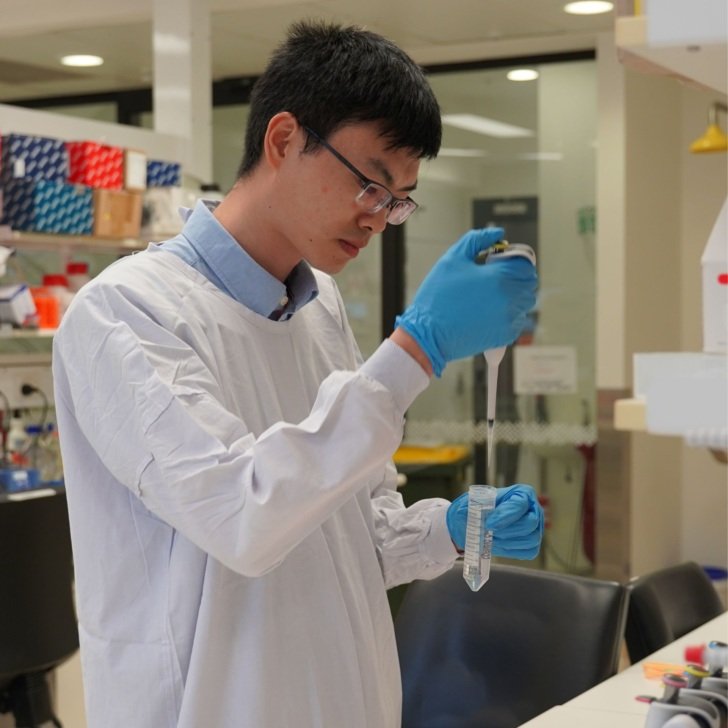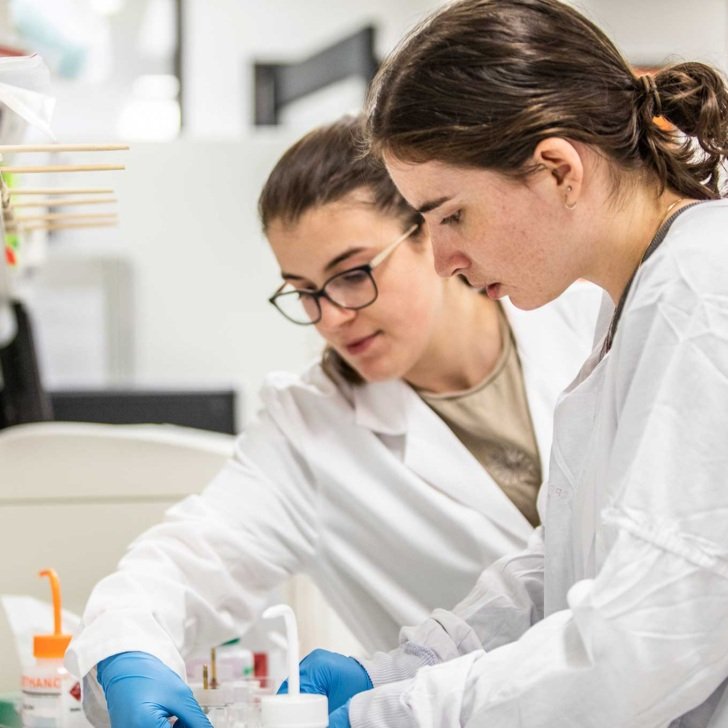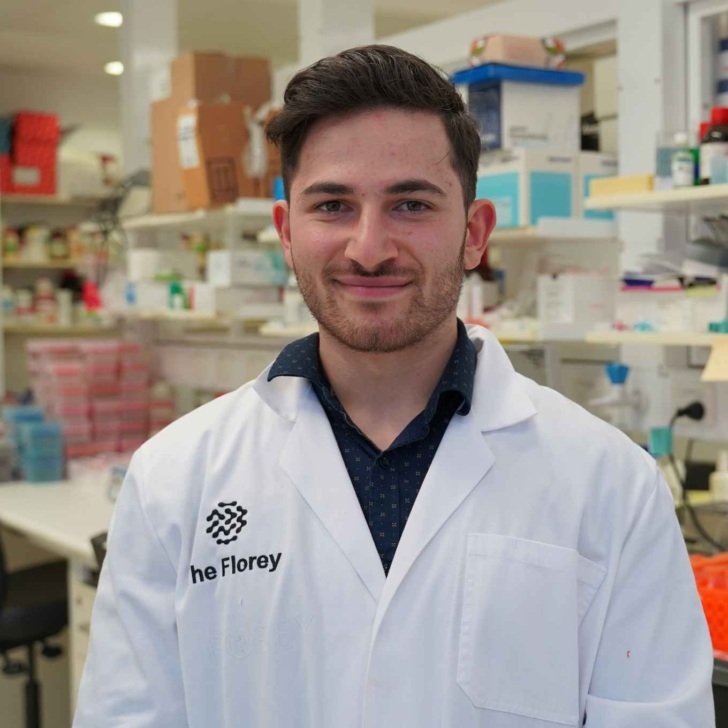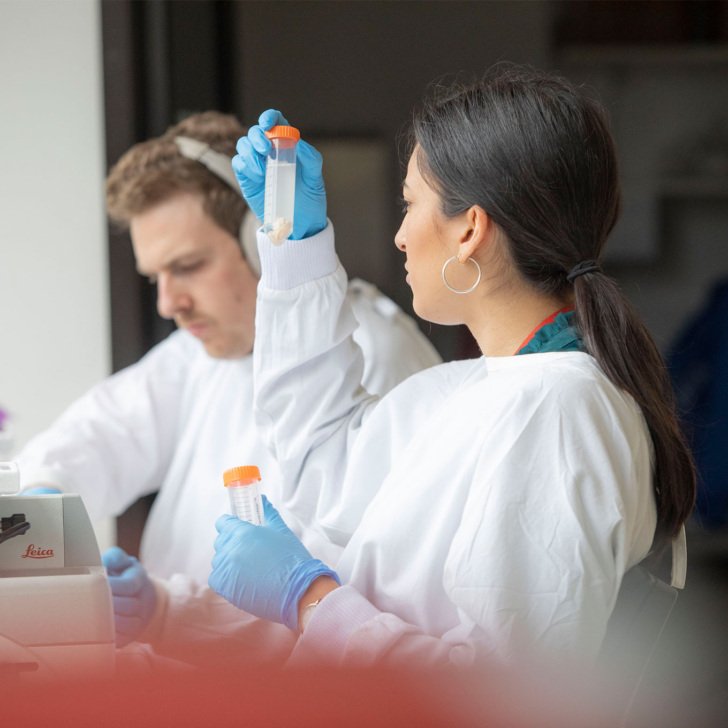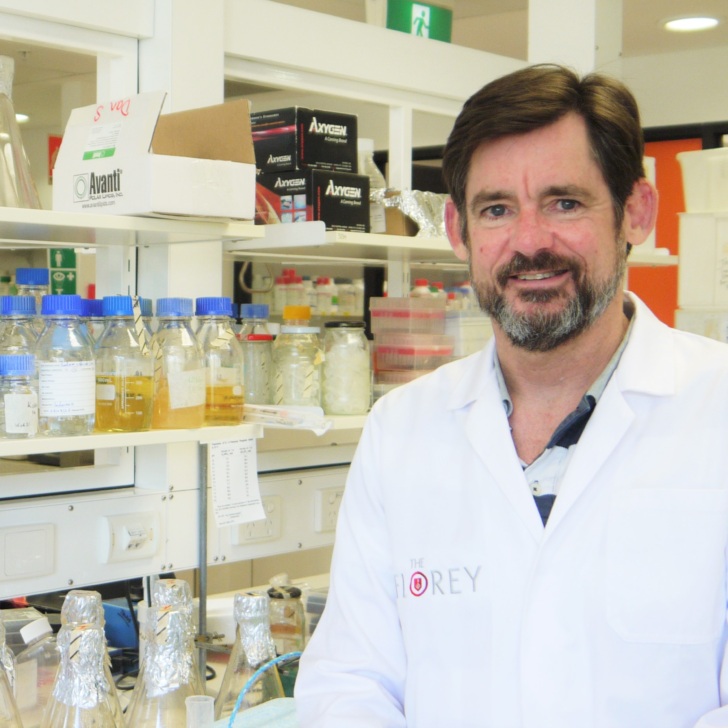
Depression
We all go through periods of feeling sad or low, but a person with depression feels intensely unhappy or numb for longer than two weeks, often without any apparent reason. Depression is more than just feeling a bit sad – it’s a serious condition that can affect both physical and mental health. While there is still much to discover about the causes of depression, it generally reacts well to treatment and can be managed effectively.
There are a number of types of depression. the most common type is major depression, where symptoms of intense sadness and lack of interest in regular activities (as well as other symptoms) persist for more than two weeks. Melancholia is depression typified by the slowing down of physical movements, feeling empty or guilty and difficulty in sleeping. Psychotic depression is when a person loses touch with reality as part of their depressive disorder, experiencing hallucinations or delusions. Perinatal depression develops in some women during pregnancy or following the birth of a child.
How The Florey is making a difference
The Florey’s research work is centred on:
- Biomarkers for early detection of suicide risk before symptoms appear, allowing for earlier intervention.
- A better understanding of the way stress during brain development can influence brain systems implicated in depression (and other disorders).
- Research that has shown that large increases in the levels of a protein can cause inflammation in the brain of people with depression.
- The role of sex hormones (oestrogen and testosterone) in depression and other disorders and examining the way drug therapies work to improve their effectiveness and reduce their side effects.
Research projects
- CaMKK2 control of neuronal function and complex behaviour in health and disease
- Characterising novel drug therapies to target cognitive symptoms in schizophrenia
- Deep-learning based tracking of behaviour in preclinical models for mental illness
- Developing better treatments for mental illness: unravelling the molecular machinery at synapses to therapeutically target disruptions in complex behaviour and cognition
- Do the beneficial effects of exercise involve miRNA-mediated regulation of gene expression?
More information
While The Florey researches depression, we do not offer crisis support. If you require immediate help please contact Lifeline on 13 11 14. For more information or support contact beyondblue on 1300 224 636 or The Black Dog Institute. If your life is in immediate danger call 000.
Latest news
Latest Florey news on Depression

